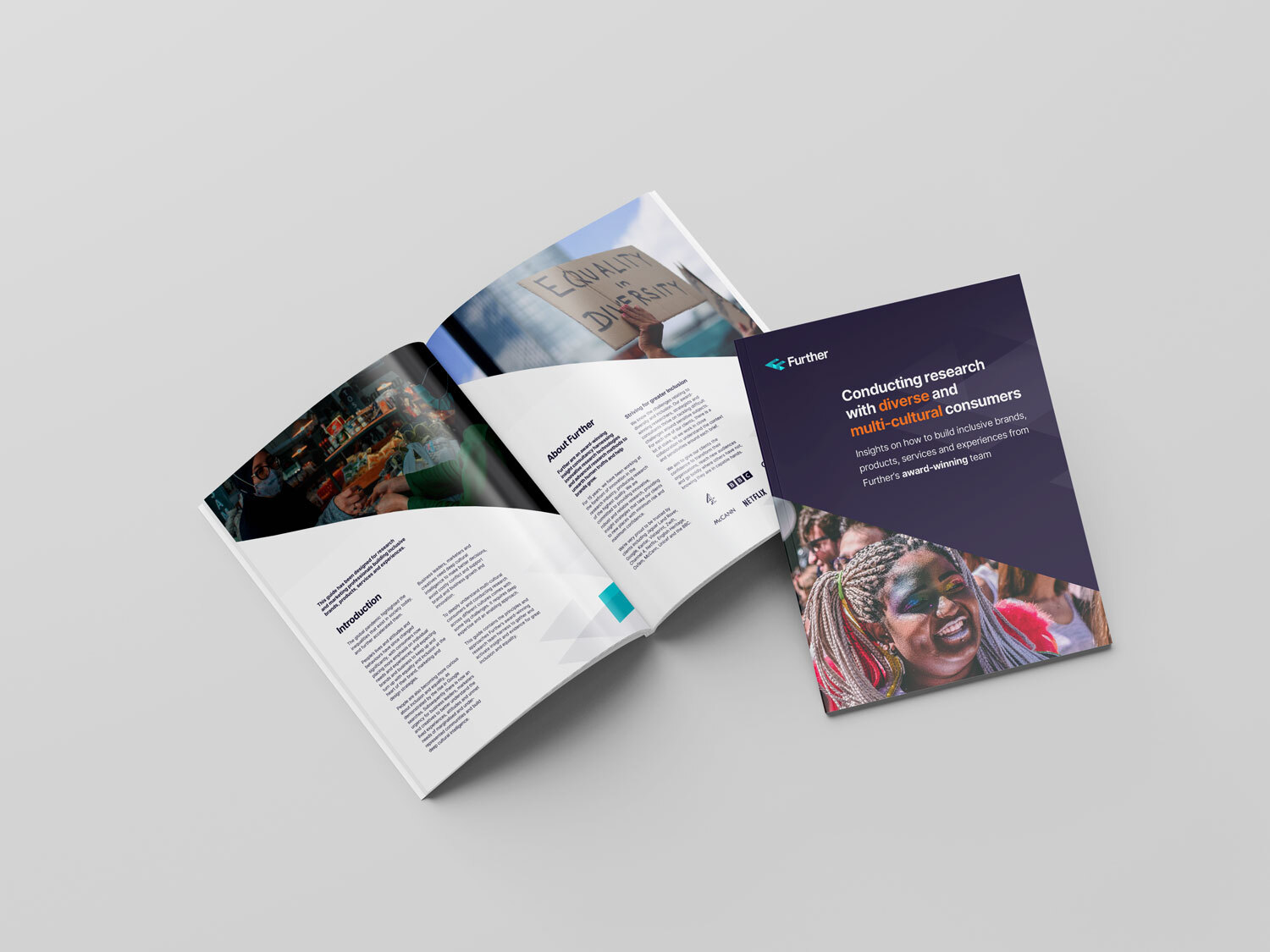Challenging economic conditions, ever-increasing developments in technology, and continued demands for faster and cheaper research are all having an impact on the quality of project delivery.
Sometimes these factors have positive results, promoting creativity and innovation. But at other times, they lead to a lackadaisical copy and paste, templated approach.
Researchers - both client and agency side - can find it tempting to take this approach and cut back on the time and focus required to facilitate a good quality project briefing. This is often reflected in unplanned, often last minute phone conversations, short and often vague email notes, and an overall decline in structure and organisation.
Of course, this incurs great risk to both parties, increasing the likelihood of research deliverables and outcomes that underwhelm and fail to add value to the client. Furthermore, it leads to profit (and motivation) draining consequences for agencies and researchers involved at each stage of the project's delivery.
Simply put - rubbish in, rubbish out.
.webp?width=635&name=concept-1868728_1920%20(1).webp)
Briefs, both large and small, often require different levels of support. However, some degree of upward management and scoping is required by the researcher, to challenge, and when necessary interrogate client assumptions. Furthermore, it is needed to successfully align expectations when planning an online qual research and research communities, or indeed any form of online qualitative exploratory research.
Regardless of whether your key client contact(s) prefer to work predominantly via phone, or online and via email, here are the essential aspects of the brief which will require clarification. With these, the opportunity exists to maximise the prospect of a successful online research community and minimise the prospect of those dreaded words ‘thanks, but this confirms what we already knew’!
- Defining the client ‘problem’ / challenge (AKA the background and business objectives)
- Online research communities have a broad tendency to be used to develop customer-centricity, enriching levels of customer understanding, and / or support innovation and NPD related company initiatives.
- Driving the research objective should be a strategic business objective - the specific client problem / challenge in question. This could, for example, be to ‘enhance customer closeness and explore opportunities for better engagement’, or to ‘increase brand share by developing better products, services or communications’.
- Why is your research necessary? What are the research objectives?
- Here you should seek to clarify why the research is necessary to support your client’s decision-making, within the context of the business challenge. This will require you to outline information that needs to be gathered - including the specific areas of research - and research questions, that your project will address.
- If you haven’t worked with the client previously you may wish to consider proposing a ‘research amnesty’ to run over any existing relevant research upon commission. There is a simple truth that has to be accepted, that your client will always have greater access to information about their brand than you.
- The sample that will be involved in the project
- Depending on how easy or difficult your sample is going to be to recruit, this is, of course, going to be a key determinant of your overall project cost.
- On some occasions, this is formally stated, for example, if the client seeks to reach out to customers that reflect a particular target or demographic. However, more often than not it will be down to you as an agency to question assumptions. Following this, it is necessary to make appropriate recommendations around the sample criteria and method of recruitment, in order to make the project feasible. This is particularly the case if the client has a requirement for a lean, agile approach.
- Analysis, outputs, timings and budget
- Another important aspect of a successful briefing is gaining some degree of clarity around clients expectations for research deliverables and outputs.
- For the right or wrong reasons, Word and PowerPoint reporting largely represents ‘the norm’ in the Market Research industry. Your client might express a desire for alternatives (e.g. workshops, video showreels which may require video editing), but it will be important to once again set clear expectations around timings and costs, by sharing initial ballpark figures.
- It will be important to establish the levels of reporting required (e.g. country vs. global reporting, and segment by segment analyses), together with any expectations around the size and or length of your report / presentation / workshop and the number of meetings and follow-ups that might occur.
One last thing, don’t forget that the research industry is a people business and that the research briefing should always be considered a two-way conversation.
A good partner should be willing and available to discuss any aspect of the above and you are always welcome to reach out to the team here at Further to help develop, shape and inform your initial brief response.
Further has the experience of supporting over 2500 online research communities and as such, we're ideally placed to lend a helping hand, and help you to ensure that your project is a success.
You've finished the briefing and now it's time to get started.
Download our 'Essential Guide to Recruiting for Online Qual Research' and p repare yourself for the next stage of your project.





















%20(1).webp)

.webp)

%20(1).webp)

.webp)

.webp)
.webp)
.webp)
.webp)

.webp)
.webp)
.webp)
.webp)